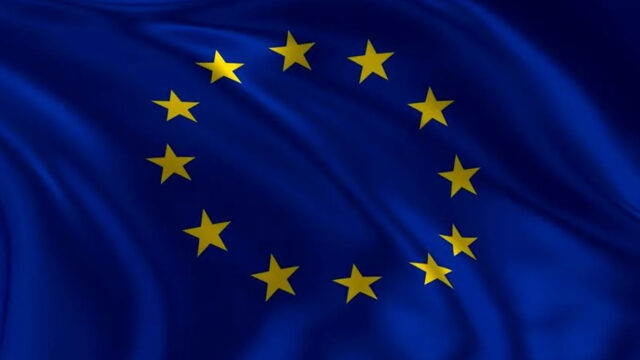The European Union (EU) ambassadors on May 19 agreed to reopen its borders to the fully vaccinated international travellers. The recommendations proposed by the European Commission (EC) earlier in May.
This means the vaccinated citizen of non-european states can now travel to the 27 EU states without requiring quarantine or testing. The exact details of when the international travel will commence are not yet announced. Individual states could also modify the requirements for travel.
The aspiring travellers should be vaccinated with the vaccine from a list approved by the European Medicine Agency (EMA). This includes the vaccines produced by Pfizer, Moderna, AstraZeneca and Johnson & Johnson. The vaccines from Russia and China have not been approved by the EMA as of now.
The EU agreed to expand the list of “safe countries” which currently consists of only seven countries. Non-essential travel from these seven safe countries – Australia, Israel, New Zealand, Rwanda, Singapore, South Korea and Thailand is allowed irrespective of the individual vaccination status.
European Commission also proposed a new ‘emergency brake’ mechanism to limit the risk of new variants entering the EU. As per the statement released by the EC, this mechanism will allow EU member states to act quickly and temporarily limit to a strict minimum all travel from affected countries for the time needed to put in place appropriate sanitary measures.The ‘emergency brake’ mechanism will be to be coordinated at EU level.
The Digital Green Certificates proposed by the EC will also be used to verify the vaccination status of the travellers. First proposed in March 2021, the Green Certificate will be a proof that a traveller has been vaccinated against COVID-19, received a negative test result or recovered from COVID-19.
The recommendations will now be sent to the European Council on May 21 for formal adoption.
Apart from a small number of countries, non-essential international travel to the EU is banned from March 2020. Essential travel for healthcare professionals, cross-border workers, seasonal agricultural workers, transport staff and seafarers, passengers in transit, those travelling for imperative family reasons or those coming to study is still allowed regardless of vaccination and country of origin.
The EU countries are eager to reopen its border since the COVID-19 pandemic dealt a serious blow to the tourism industry.









